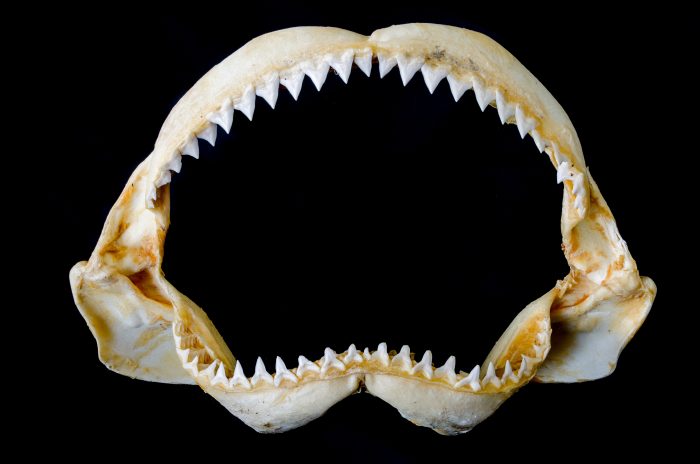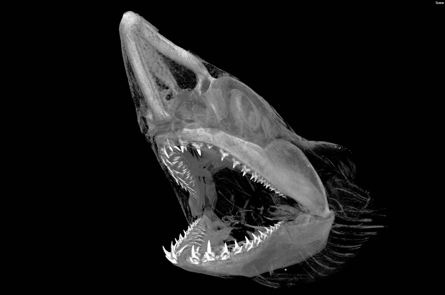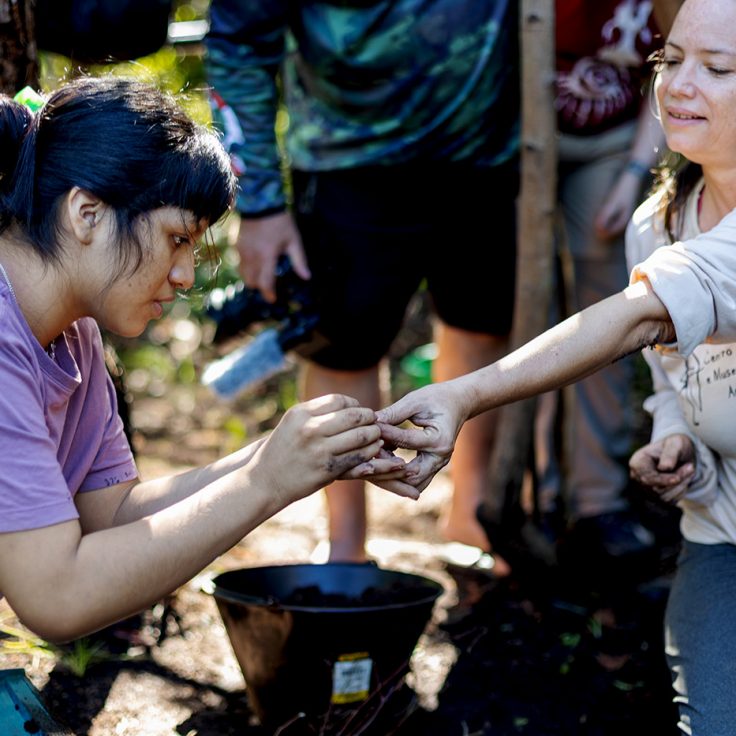
Could Humans Regenerate Teeth like Sharks?
Humans have two generations of teeth — baby teeth that are replaced by permanent ones — and that’s it. If you need a new tooth, a dentist will give you an implant made from a material that will likely degrade faster than a natural tooth.
But scientists are looking to sharks, which lose and regrow teeth their entire lives, to understand how we might be able to regenerate our own teeth.
New research published in Scientific Reports by GARETH FRASER, a biologist at UF, and colleagues at the University of Sheffield, UK, into human and shark teeth has found similarities in their dental stem cells that shows humans have more potential to regrow teeth than previously believed.
The team found a potential connection between shark and human teeth by examining a specialized layer of thin tissue formed in early development of the vertebrate mouth called the dental lamina.

Once we develop our permanent teeth, the thin tissue of the lamina undergoes normal cell death and fragments, leaving bits and pieces of the lamina. At this stage, they’re known as dental lamina rests (DLR), which were previously thought to have low odds of growing more teeth. Fraser and team research looked at these DLRs and found they contain a number of dental stem cell markers found in vertebrates like sharks that have constant tooth regeneration throughout their lives.
The research also examined tumors that appear in the jaw, called ameloblastoma, to further understand how DLRs undergo change. Ameloblastoma are assumed to come from aberrant lamina rests. The scientists are working to understand how the trigger that causes DLRs to form these tumors could be linked to tooth development and if this could eventually lead to controlled tooth growth in humans.


